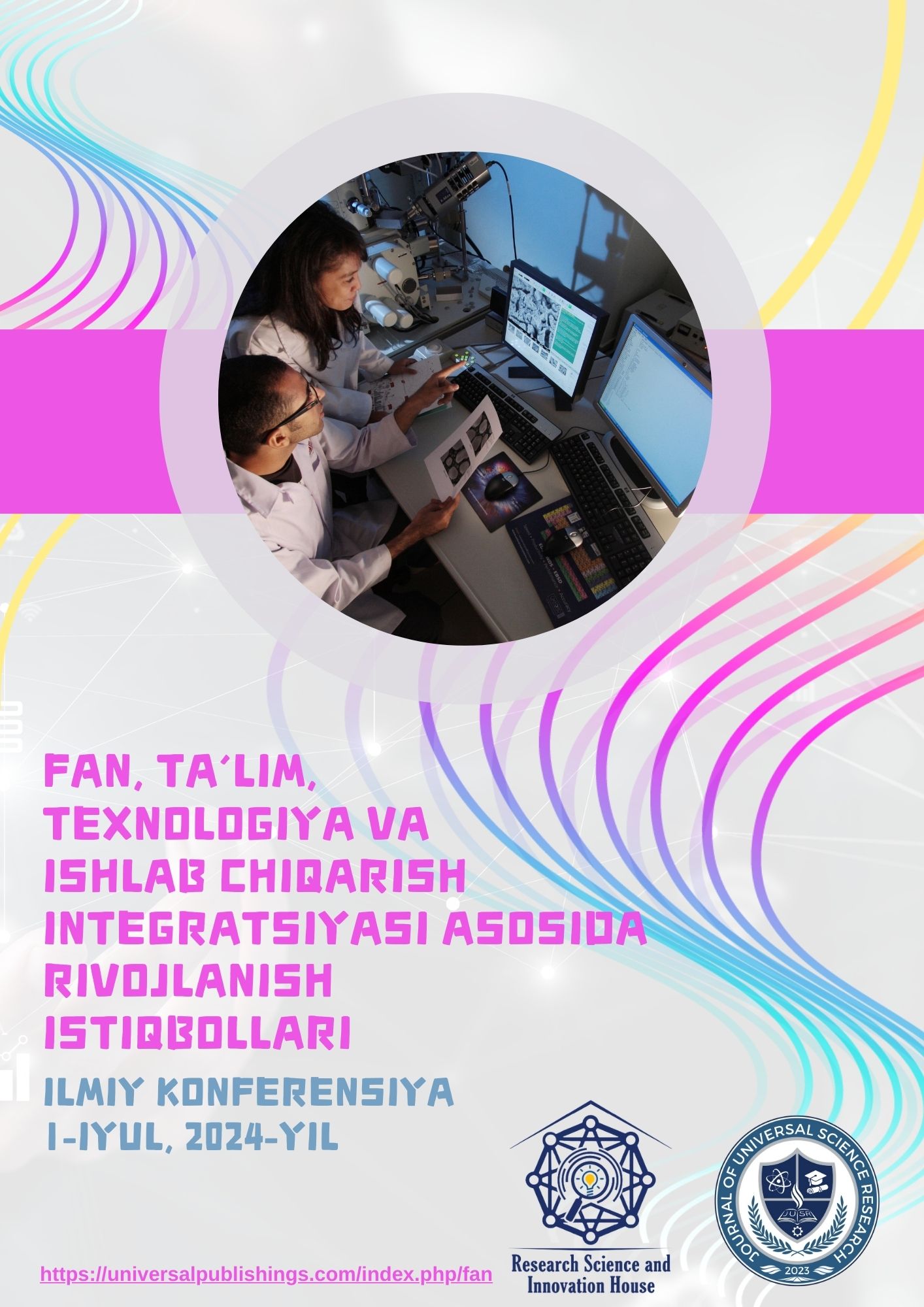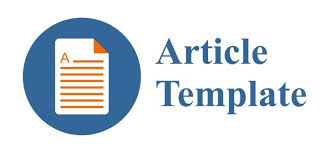CRITERIA FOR ASSESSING THE CREDIBILITY OF ACADEMIC SOURCES
Keywords:
Academic credibilityAbstract
In this article, the key elements that ought to be considered in evaluating the credibility of academic authorities are discussed. It offers a systematic approach to the assessment of sources which consists of the evaluation of authors’ qualifications, the place of publication, whether it was peer-reviewed, the number of times it has been cited, and its impartiality. The article is practically useful for scholars, teachers, and learners who wish to improve their academic performance in terms of trustworthiness and accuracy of the content
References
1. Badke, W. (2021). Research Strategies: Finding Your Way Through the Information Fog (6th ed.). iUniverse.
2. Booth, W. C., Colomb, G. G., & Williams, J. M. (2016). The Craft of Research (4th ed.). University of Chicago Press.
3. Harris, R. (2017). Evaluating Internet Sources. VirtualSalt. Retrieved from https://www.virtualsalt.com/evalu8it.htm
4. Rumsey, S. (2008). How to Find Information: A Guide for Researchers. Open University Press.
5. Khusanova, M. (2023). HISTORY OF USING TESTS IN MONITORING THE LEVEL OF QUALIFICATION. Science and innovation, 2(B7), 17- 21
6. Mahira, K. (2024). METHODOLOGICAL PROBLEMS FOR A FOREIGN LANGUAGE TEACHER: MONITORING AND ASSESSING SKILLS. Multidisciplinary and Multidimensional Journal, 3(10), 10-15.
7. Mahira, K. (2024). TEACHER ASSESSMENT: HISTORICAL DEVELOPMENT AND RESEARCH. INTERNATIONAL JOURNAL OF EUROPEAN RESEARCH OUTPUT, 3(11), 45-49.
8. Xolmurodova, S., & Khusanova, M. (2023). TEACHING WRITING IN ENGLISH. Научный Фокус, 1(1), 1173-1175.
9. Iroda, B., & Mohira, H. (2023). EFFECTIVE PRONOUNICIATION TEACHING IN ENGLISH LANGUAGE. O'ZBEKISTONDA FANLARARO INNOVATSIYALAR VA ILMIY TADQIQOTLAR JURNALI, 2(19), 700-703.
10. No, P. Didactic Conditions for the Formation of Discussion Competence among Students.
11. Mokhira, K. (2023). HOLISTIC SCORING AS A GRADING METHOD. International Journal of Contemporary Scientific and Technical Research, 493-495.
12. Mokhira, K. (2023). THE IMPORTANCE OF DIFFERENT SUB– SKILLS THAT ARE INVOLVED IN PARTICIPATING IN A GROUP DISCUSSION. International Journal of Contemporary Scientific and Technical Research, 496-499.
13. Qizi, K. M. S. (2022). Learning new content material through cooperative group discussions.
14. Ma’ripov J. K. A BRIEF INFORMATION ABOUT TENSES //OʻZBEKISTON RESPUBLIKASI OLIY VA OʻRTA. – С. 464.
15. Tolibovna A. K. et al. Features Of Anthropocentric Study Of Sacred Texts //Open Access Repository. – 2022. – Т. 8. – №. 1. – С. 5-10.
16. Tolibovna A. K. et al. Functions of Allusion and Allusion as a Marker of Intertextuality and Precedence //European Multidisciplinary Journal of Modern Science. – 2022. – Т. 6. – С. 485-487.
17. Ахмедова С. Р. Таълим ва тарбия жараёнлари узвийлигининг самарадорлиги //Science and Education. – 2021. – Т. 2. – №. 9. – С. 369- 373.
18. Ахмедова С. Р. и др. Инновацион технологияларни таълим жараёнларига татбиқ этиш йўллари //Science and Education. – 2021. – Т. 2. – №. 10. – С. 492-496.
19. Ахmеdоvа S. R. и др. Mаsоfаviy tа’lim vа uning hоrijiy tillаrni o’qitishdаgi o’rni //Science and Education. – 2021. – Т. 2. – №. 10. – С. 608-612.
20. Ахmedova, S. R. (2021). Chet tillarni o’rganish va undagi metodlarning ahamiyati. Science and Education, 2(11), 1076-1080.



